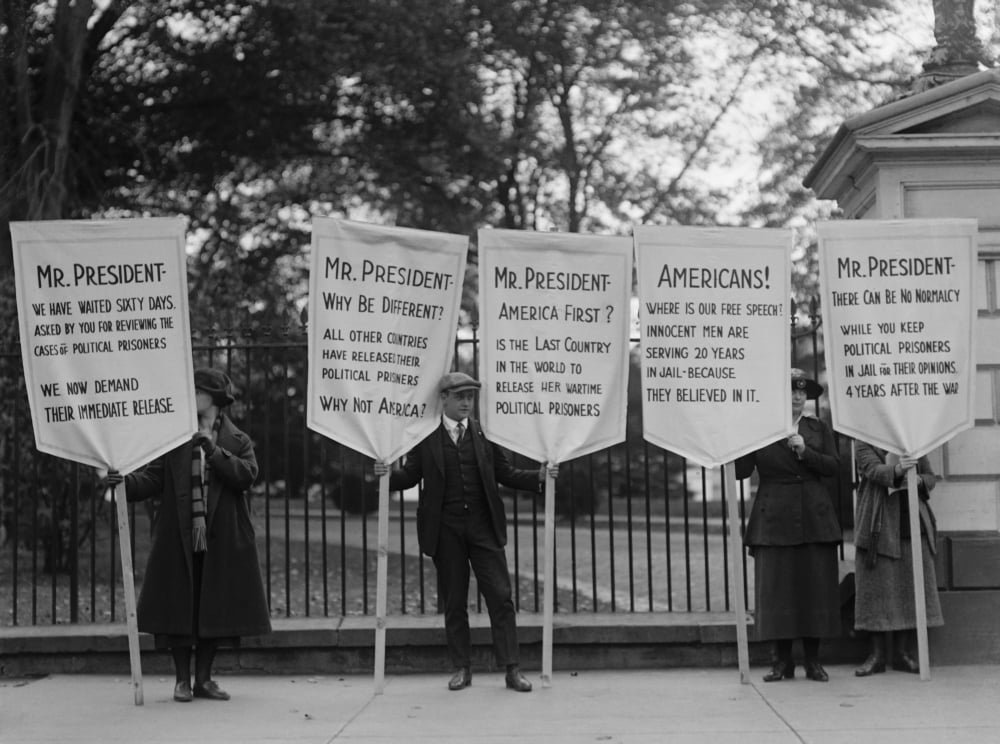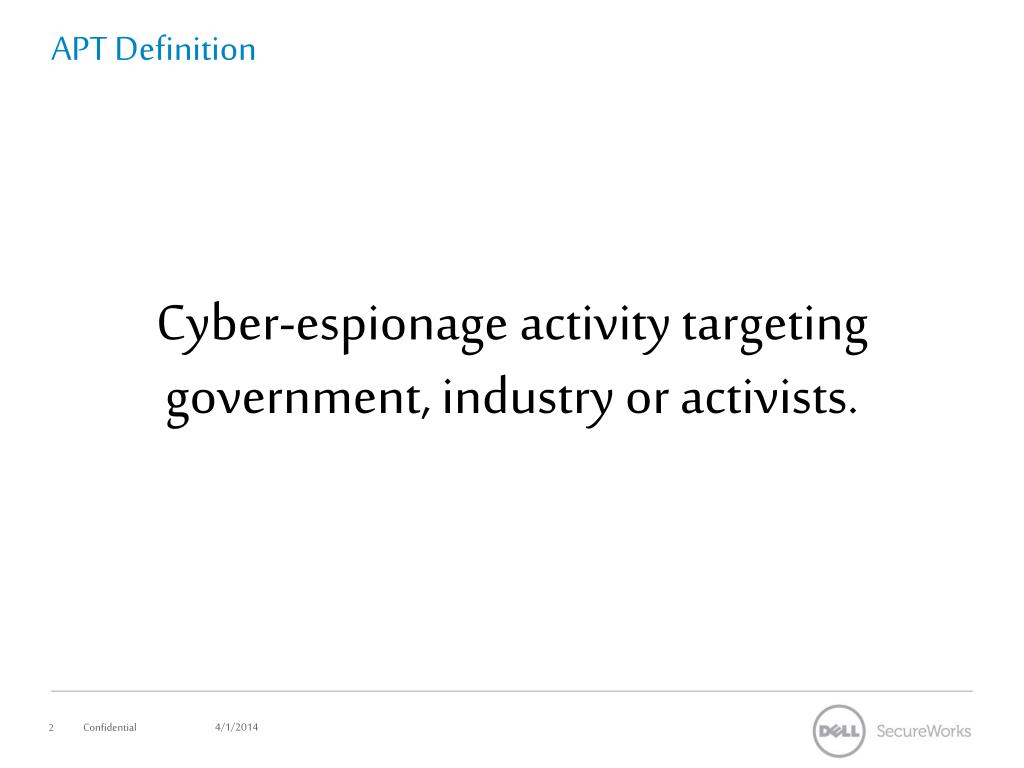

It also criminalizes conspiracy to engage in such acts and the harboring or concealing of violators. It criminalizes the photographing and publishing or selling of information regarding defense installations and the furnishing of certain classified information against the interests of the United States. The law is currently codified under Title 18 and, as when originally enacted, prohibits acts pertaining to the gathering, transmitting, delivery, or loss of national defense information. government) passed, some provisions were allowed to expire. Once war opposition waned and the so-called Red Scare (i.e., fear of a perceived Bolshevik conspiracy to overthrow the U.S. Mitchell Palmer), drew widespread protest and ultimately discredited some high government officials. The disregard of basic civil liberties during these “Palmer raids,” as they came to be known (because of the prominence of Attorney General A.

In combination with the Sedition Act of 1918, which amended it, the Act was used as the basis for launching an unprecedented campaign against political radicals, suspected dissidents, left-wing organizations, and aliens. It served to suppress opposition to the United States entry into World War I by making criticism of U.S. The vast majority of Japanese Americans and their immigrant parents in Hawaii were not incarcerated because the government had already declared martial law in Hawaii, a legal measure which allowed it to significantly reduce the supposed risks of espionage and sabotage by residents of Hawaii who had Japanese ancestry.
#Government espionage definition free
The prosecutions fueled furious debate over the meaning of a free press and the rights that should be afforded to opposition political parties in the United States.Originally codified under Title 50, criminalized espionage, interfering with military operations and foreign policy, obstructing the newly instituted draft, and encouraging insubordination and disloyalty.

federal courts prosecuted at least 26 individuals under the Sedition Act many were editors of Democratic-Republican newspapers, and all opposed the Adams administration. Legacy of Alien and Sedition ActsĪll told, between 17, U.S.
#Government espionage definition series
When he failed to get one, he retaliated by revealing the first public allegations of Jefferson’s long-rumored relationship with an enslaved woman, Sally Hemings, in a series of newspaper articles. Sentenced to nine months in prison for his “false, scandalous, and malicious writing, against the said President of the United States,” Callender wrote articles from jail supporting Jefferson’s campaign for president in 1800.Īfter Jefferson won, Callender demanded a government post in return for his service. Lyon won reelection while sitting in jail, and would later defeat a Federalist attempt to kick him out of the House.Īnother individual famously prosecuted under the Sedition Act was the Democratic-Republican-friendly journalist James Callender. He was convicted, and the judge sentenced him to four months in prison and a fine of $1,000. Lyon acted as his own attorney, and defended himself by claiming the Sedition Act was unconstitutional, and that he had not intended to damage the government. Jefferson wrote: “he several states who formed that instrument, being sovereign and independent, have the unquestionable right to judge of its infraction and that a nullification, by those, of all unauthorized acts….is the rightful remedy.” James Madison authored the Virginia Resolution in collaboration with Thomas Jefferson, who also authored the Kentucky Resolution.īoth argued that the federal government did not have the authority to enact laws not specified in the Constitution. The Virginia and Kentucky Resolutions were passed by the legislatures of their respective states in response to the Alien and Sedition Acts. It was set to expire on March 3, 1801, the last day of his term in office. But the Federalist majority pushed it through, arguing that English and American courts had long punished seditious libel under common law, and that freedom of speech must be balanced with an individual’s responsibility for false statements.Īdams signed the Sedition Act into law on July 14, 1798.


 0 kommentar(er)
0 kommentar(er)
